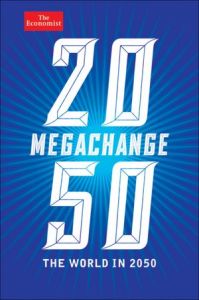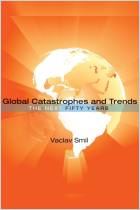Join getAbstract to access the summary!

Join getAbstract to access the summary!
Daniel Franklin and John Andrews
Megachange
The world in 2050
Profile Books, 2012
What's inside?
What will the world be like several decades from now?
Recommendation
This anthology’s essays forecast future developments in areas from social media to religion. Daniel Franklin, executive editor and business affairs editor of The Economist, and John Andrews, a writer for the magazine for 30 years, compiled and edited this volume. Since all 20 writers contribute to The Economist, they share a lucid style and a generally aligned conceptual framework. No one can promise accurate predictions, but these reporters share deeply informed insights about forces that will affect the world by 2050. The result is a useful, intriguing mosaic of the near future. The writers clearly explain complex concepts as their shared references let one essay build synergistically on the next. Readers who already know the contents of one essay will turn the page to remark on how startling the next one is. getAbstract recommends this collection to futurists, long-term planners, and readers interested in social analysis and forecasting.
Summary
About the Authors
Daniel Franklin is executive editor and business affairs editor of The Economist. John Andrews, who has written for the magazine for 30 years, also wrote The Economist Book of Isms.
















Comment on this summary